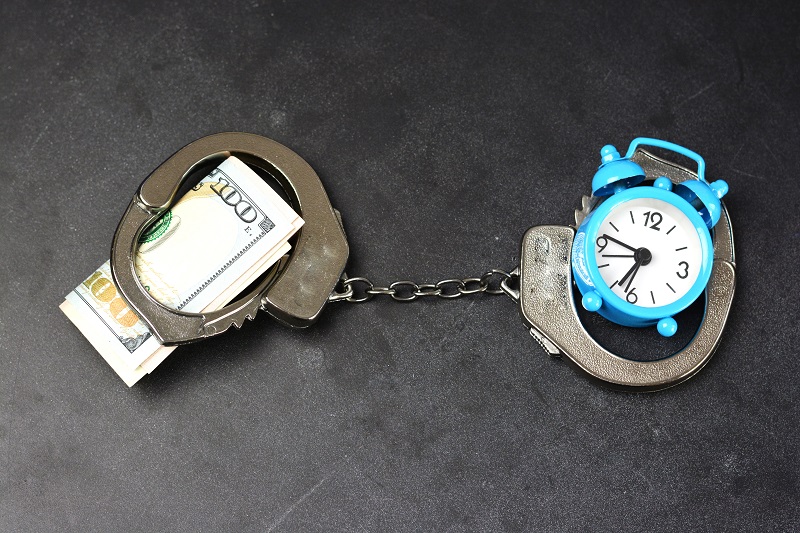What Are Bail Bonds?
Laws and Facts About Bail Bonds
The following facts about bail bonds can help you better understand some of the legal aspects of bail:
Why Post Bail?
Posting bail allows a defendant to avoid incarceration prior to their court date. This ensures that a defendant doesn’t serve any undue time and that they can adequately prepare and avoid any disruptions in their life pending trial. While under some circumstances it may seem more cost effective to not post bail for a defendant there are other factors that should be considered.
When a defendant who has not posted bail appears in court they will do so as an inmate often wearing prison issued clothing & handcuffs. Often this may imply to both judge and jury that the defendant is already guilty or acclimated to the prison system reducing their chances of a successful court outcome.
A defendant appearing in court who is free on bail however can do so on their own terms, dictate their own appearance, and minimize chances of undue bias. contact Bratten Bail Bonds now.

Bail: A Guarantee of Compliance
A bail bond is a way of guaranteeing that once a defendant in a criminal case has been released from custody, he or she will attend all court proceedings and comply with all the court’s requirements until the resolution of the case.
Bail Bond: A Financial Obligation
A bail bond obligates the responsible party (called the indemnitor) to satisfy the court’s demand for payment of the full bail amount in the event that the defendant should forfeit the bond by fleeing the court’s jurisdiction, failing to appear for all court proceedings, or failing to fulfill any other requirement of the bail agreement. This usually means that unless a defendant who has fled can be apprehended and returned to the court’s jurisdiction or otherwise made to comply with the bail agreement, the indemnitor will lose the property used to secure the bond.
Bail Bond Forfeiture
When a defendant fails to appear for a court proceeding, a bench warrant is issued. At this point, there is still a chance that the indemnitor will not lose the property pledged to secure the bail bond. The court will set a deadline by which the defendant must be returned to custody in order to avoid forfeiture of the bond. If the defendant cannot be located or returned in time, the bail bond will be forfeited and a summary judgment filed requiring the bail bondsman to pay the full bail amount to the court. When this occurs, the indemnitor loses the pledged property.
Bail Bond Show Cause
If the defendant can be located and returned to custody before the deadline set by the court, a bail reinstatement hearing is held to determine whether the bail bond should be reinstated. If the bond is reinstated, the defendant is allowed to remain free and the indemnitor retains the pledged property.
The bail reinstatement proceeding generally results in added costs to the indemnitor, in addition to the expenses the bail bondsman incurs while apprehending the defendant. This is one reason families should take a good, hard look at their own circumstances and the likelihood that their defendant will comply with the requirements of the bail agreement before deciding to pledge their property for their loved one’s bail.
These are just a few of the many laws and facts about bail bonds. If you have a question about any other aspect of bail bond law, contact Bratten Bail Bonds now.
Call (816) 415-4448 to speak with a Bratten Bail Bonds representative.
Bail Bonds News

24 Hour Bail Bonds is There for You!
Call Us Today! 816-415-4448
24/7 - 365 Days a Year
Missouri's Most Wanted
Tommy D. Weddle
Tommy D. Weddle DOB 08/19/1970 Missouri Parole Violation Warrant for Sex Offender Registration Violation Shaved head
Shannon D. Parker
Shannon D. Parker DOB: 06/16/1974 Clay County, Missouri Probation Violation Warrant for Sex Offender Registration Violation Has dreadlocks




